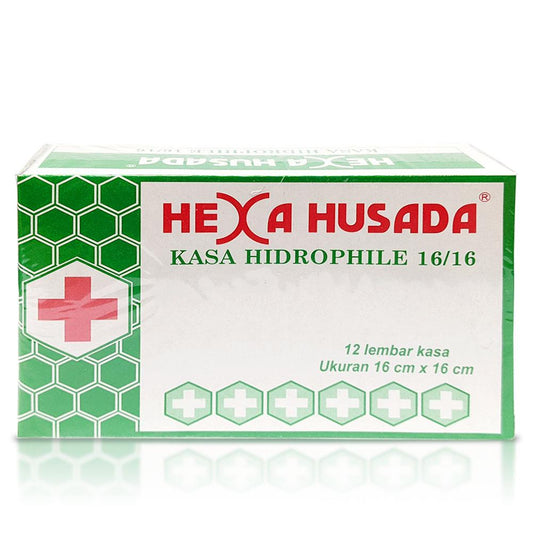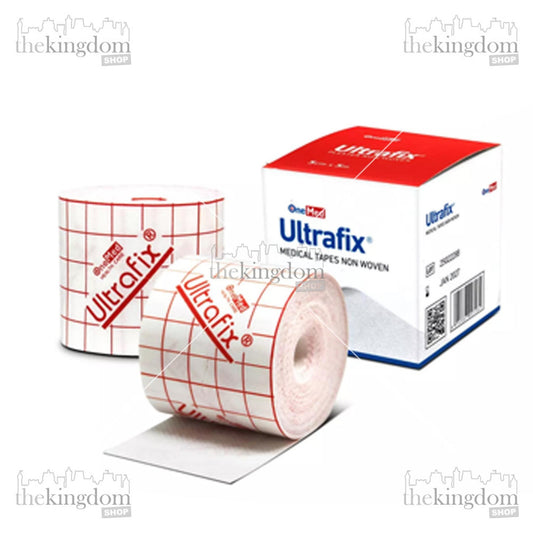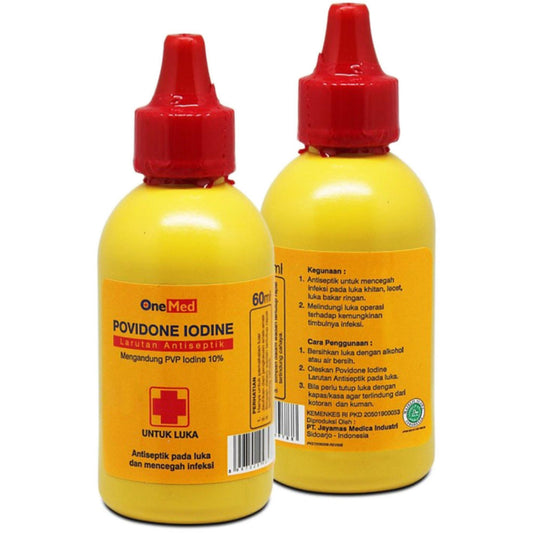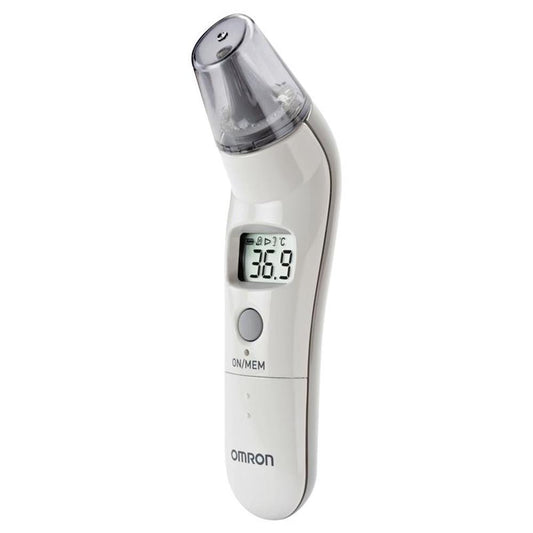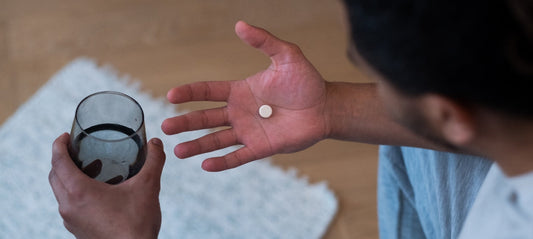
What Happens If Wounds Are Not Treated? Be Aware of the Dangers
Wounds are one of the things that we often experience in everyday life, whether it is a small wound or a large wound due to an accident. However, there are still many people who tend to underestimate wounds and choose to just ignore them without proper treatment. In fact, this can risk causing infection and other complications.
Types of Wounds
-
Abrasion : A wound that occurs due to friction between the skin and a rough surface. These wounds are usually not deep, but need to be treated to prevent infection.
-
Incision Wounds : Occurs when a sharp object such as a knife or glass scratches the skin. These wounds often have regular edges.
-
Laceration : A wound with irregular edges caused by a hard impact. Usually deeper and at high risk of infection.
-
Puncture Wound : A small but deep wound caused by a sharp object such as a nail. This wound has the potential to cause serious infections such as tetanus.
-
Contusion : Occurs due to blunt trauma without damage to the skin, but blood vessels under the skin are broken.
-
Burns : Caused by heat, chemicals, electricity, or radiation.
Wounds can be caused by various factors, such as:
-
Everyday accidents (falling, being hit, or being rubbed).
-
Exposure to sharp objects (knives, glass, or needles).
-
Wounds caused by animal or insect bites.
-
Burns from fire, chemicals, or hot water.
-
Injuries during sports.
Dangers If Wounds Are Left Untreated
If wounds are not treated properly, various serious complications can occur, such as:
-
Infection :
Open wounds can be an entry point for bacteria, such as Staphylococcus or Streptococcus , which can potentially cause skin infections to systemic infections (sepsis). -
Tetanus :
Wounds caused by sharp or dirty objects can carry the bacteria Clostridium tetani , which can trigger severe and potentially fatal muscle spasms. -
Healing Disorders :
Inadequate care can hinder the wound healing process, leading to the formation of scars or keloids. -
Further Network Damage :
Deep wounds that are ignored can cause damage to the tissue around the wound, leading to necrosis (tissue death). -
Spread of Infection :
Infection in the wound can spread to other tissues or organs, causing an abscess or serious conditions such as osteomyelitis (bone infection).
How to Treat Wounds Properly
Proper wound care is essential to prevent infection and other complications. Here are the steps you can follow:

-
Cleaning Wounds :
- Wash hands with soap before handling wounds to avoid contamination.
- Clean the wound using running water. If necessary, use soap on the area around the wound, but avoid touching the wound directly.
-
Stopping Bleeding :
- Press the wound area with a clean cloth or sterile gauze until the bleeding stops.
-
Using Antiseptics :
- Apply antiseptic or antibiotic ointment to reduce the risk of infection.
-
Closing the Wound :
- Cover the wound with a sterile plaster or bandage to protect it from dirt and bacteria.
-
Change Bandages Regularly :
- Change the bandage daily, or immediately if it gets wet or dirty.
-
Monitoring Wounds :
- Monitor the condition of the wound regularly. If signs of infection such as redness, swelling, pain, or pus appear, consult a medical professional immediately.
Recommended Wound Care Products
For optimal wound care, you can use products such as:
-
Wound Plasters : Choose ones that are hypoallergenic and comfortable to wear
-
Antiseptic Ointment : Helps prevent infection and speed healing.
-
Sterile Gauze and Bandages : For larger or open wounds.
By understanding the types of wounds and how to treat them, you can better handle injuries and prevent unwanted complications. Always have a first aid kit at home as a precaution!
For optimal protection, use trusted wound care products such as Onemed Dermafix. This product is designed to keep wounds clean and speed up the healing process. Get Onemed Dermafix at the kingdom shop now to make sure you are always ready for emergency situations!

